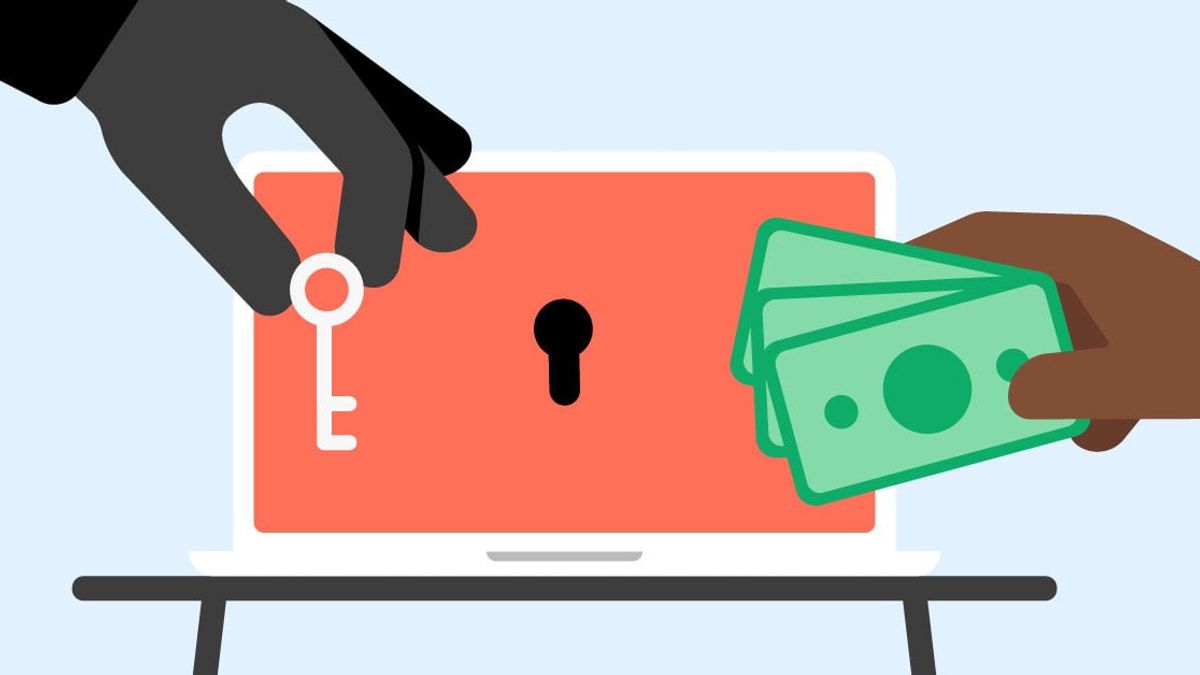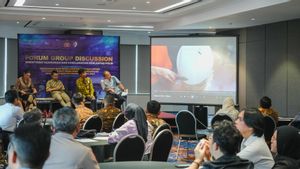JAKARTA - Ransomware attacks are still a serious threat to organizations throughout Asia. Although many organizations say they don't want to pay the ransom, the data shows the opposite.
A recent Cloudflare study entitled 'Navigating the New Security Landscape: Asia Pacific Cybersecurity Readiness Survey' revealed that 62 percent of organizations that were victims of ransomware finally gave up and paid the ransom to cybercriminals.
This figure is quite surprising, considering that 70 percent of these organizations openly and openly stated that they would not meet the demands of the perpetrators.
Southeast Asia Is More Vulnerable
Furthermore, this event also underlined the significant differences between countries in Asia. Organizations in India (69 percent), Hong Kong (67 percent), Malaysia (50 percent), and Indonesia (50 percent) tend to pay ransoms more frequently than other countries in the region.
In contrast, South Korea (19 percent), Japan (19 percent), and New Zealand (22 percent) actually showed a higher level of resilience against ransomware attacks.
One of the important findings in this study is the use where as many as 47 percent of ransomware attacks managed to take advantage of weaknesses in Remote Desktop Protocol (RDP) or VPN servers to infiltrate the target system.
SEE ALSO:
Responding to this situation, Grant Bourzikas, Chief Security Officer at Cloudflare, stated that cybersecurity leaders are currently facing increasingly complex challenges.
Apart from having to face an increase in cyberattacks, they are also faced with increasingly strict regulations and resource constraints.
"To protect their organization, cybersecurity leaders must continue to improve their capabilities, allocate sufficient budget, and adopt the right security solutions," said Bourzikas.
The English, Chinese, Japanese, Arabic, and French versions are automatically generated by the AI. So there may still be inaccuracies in translating, please always see Indonesian as our main language. (system supported by DigitalSiber.id)

















